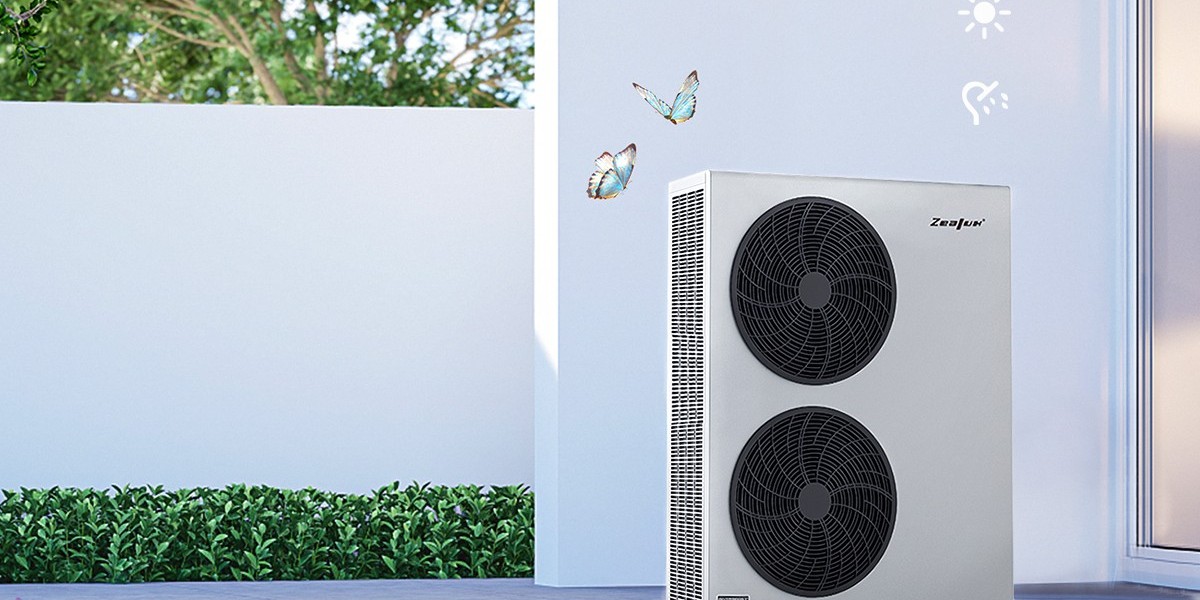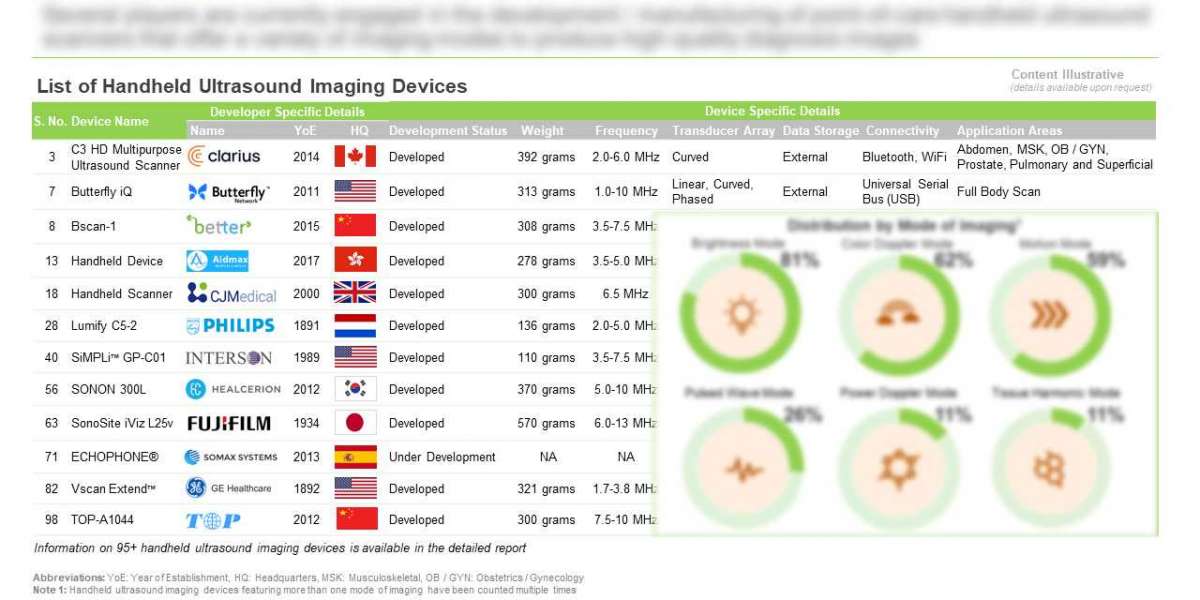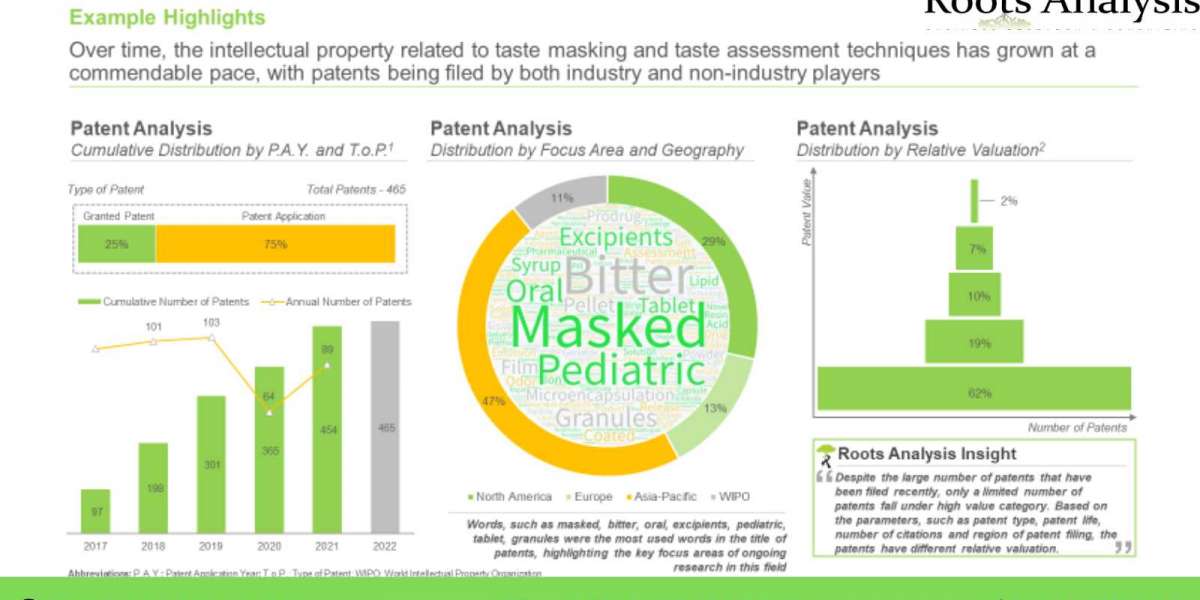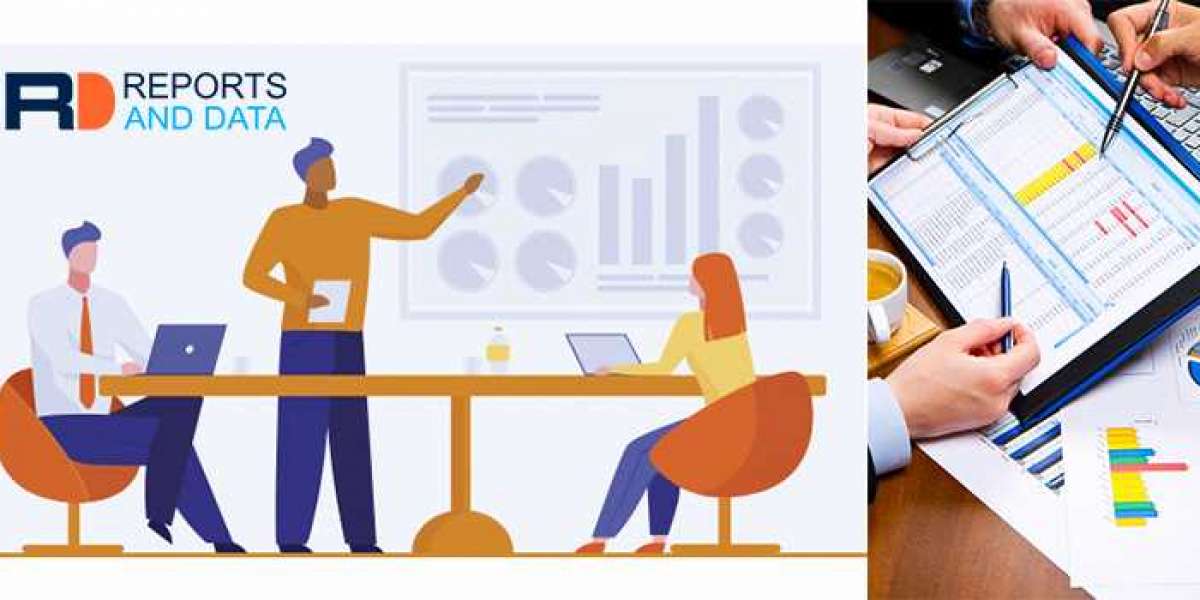Introduction
Electronic waste (e-waste) has become a major topic in today's quickly evolving technology world. Germany, the world's second-largest producer of electronic trash, has made tremendous progress in addressing this environmental concern. Germany's Waste Electrical and Electronic Equipment (WEEE) system is an excellent model that combines efficient collection, effective recycling techniques, and tight laws to reduce the environmental impact of electronic waste. This article dives into the most important features of Germany's WEEE system, outlining its successes, problems, and potential in the future.
The Significance of the WEEE System
Due to the exponential growth of electronic devices including smartphones, computers, and household appliances, e-waste has rapidly grown. Germany introduced the WEEE system in 2005 after discovering the hazards improper disposal posed to the environment. The major objective of the WEEE system is to establish regulations for electronic waste collection, treatment, and recycling in order to manage the whole lifecycle of electronic devices, from their conception to disposal.
Efficient Collection Infrastructure
A thorough collecting infrastructure that assures correct disposal of electronic waste is at the heart of Germany's WEEE system. The system includes a number of parties, including producers, sellers, government agencies, and customers. When selling new electronic products, manufacturers and merchants are required to collect and take back old ones, making it easy for customers to get rid of their e-waste. Additionally, to aid in the correct disposal of electronic trash, local authorities set up collection stations, recycling facilities, and unique collecting occasions.
Extended Producer Responsibility (EPR)
Germany's WEEE system is based on the Extended Producer Responsibility (EPR) philosophy. EPR keeps producers accountable for their goods' whole lifespan, including ecologically sound disposal. Manufacturers are required by law to register with the Stiftung Elektro-Altgeräte Register (EAR) and make a monetary contribution to electronic waste collection, treatment, and recycling. This framework pushes manufacturers to create recyclable products, reducing the environmental impact of electronic waste.
Effective Treatment and Recycling
The WEEE system guarantees that collected electronic trash is properly treated and recycled in order to extract valuable resources while causing the least amount of environmental impact. Germany has built a strong network of specialist recycling facilities outfitted with cutting-edge technology to disassemble, segregate, and process various forms of electronic trash. These factories recover precious metals, polymers, and other recyclable elements from e-waste using ecologically responsible processes.
Stringent Regulations and Monitoring
To maintain the integrity of the WEEE system, Germany enforces stringent regulations and monitoring mechanisms. Compliance with regulations is regularly audited, and penalties are imposed on non-compliant entities. The German government closely collaborates with authorized entities, industry associations, and environmental organizations to monitor the collection, treatment, and recycling processes. Such vigilance ensures that the system operates effectively, promoting transparency and accountability.
The Impact of Germany's WEEE System on Air Source Heat Pumps and Pool Heater Industries
The implementation of Germany's Waste Electrical and Electronic Equipment (WEEE) system has had a significant impact on the air source heat pump and pool heater industries. The WEEE system, with its emphasis on extended producer responsibility and proper disposal of electronic waste, has led to several notable changes and challenges for manufacturers in these sectors.
Firstly, the WEEE system has compelled manufacturers of air source heat pumps and pool heaters to actively participate in the collection and recycling of their products. Manufacturers are now responsible for the environmentally sound disposal of their units, ensuring that they are recycled or properly treated at the end of their lifecycle. This shift in responsibility has prompted manufacturers to reevaluate their product design and incorporate features that facilitate easier dismantling and recycling.
Secondly, the WEEE system has led to the development of specialized recycling facilities equipped with advanced technologies to handle electronic waste, including air source heat pumps and pool heaters. This has created opportunities for manufacturers to collaborate with recycling facilities and optimize the recycling processes. The recovery of valuable resources from these units, such as metals and plastics, contributes to resource conservation and the reduction of raw material extraction.
However, the WEEE system also presents challenges for manufacturers in these industries. Adapting product designs to ensure recyclability, including the use of environmentally friendly materials, can pose technical and cost-related challenges. Manufacturers need to strike a balance between product performance, energy efficiency, and recyclability.
Moreover, raising awareness among consumers about the importance of proper disposal and recycling of air source heat pumps and pool heaters remains crucial. Educating consumers about collection points and facilitating the return of old units for recycling is essential to ensure the success of the WEEE system in these industries.
Overall, the WEEE system has brought about a paradigm shift for manufacturers of air source heat pumps and pool heaters. It has prompted a greater focus on sustainable product design, resource conservation, and collaboration with recycling facilities. By embracing the principles of the WEEE system, manufacturers in these industries can contribute to a circular economy approach and help mitigate the environmental impact of electronic waste.
Challenges and Future Prospects
While Germany's WEEE system has achieved remarkable success, it also presents challenges and opportunities for heat pump manufacturers in the air source heat pump and pool heater industries. One challenge lies in adapting to technological advancements and evolving product designs. Manufacturers must prioritize recyclability and environmentally friendly materials when developing new units. Raising consumer awareness about the importance of proper disposal and recycling of air source heat pumps and pool heaters remains crucial for the industry's sustainable growth.
The prospects for heat pump manufacturers in the air source heat pump and pool heater industries within Germany's WEEE system are promising. The system continues to evolve, incorporating innovative technologies and addressing emerging challenges. Manufacturers have the opportunity to optimize their collection infrastructure, strengthen collaboration with international partners, and support the development of circular economy practices. The integration of advanced technologies, such as smart monitoring and automated recycling processes, holds great potential in enhancing efficiency and maximize resource recovery.
Conclusion
Germany's WEEE system is a shining example of successful waste management and environmentally friendly methods in the processing of electronic trash. Germany has established a precedent for other countries to follow with its comprehensive collecting infrastructure, expanded producer responsibility system, and effective treatment and recycling procedures. Understanding and applying comparable methods might pave the way for a greener and more sustainable future as the globe grapples with the rising e-waste challenge. We can safeguard the environment, save important resources, and limit the negative impacts of electronic waste on our world by adopting the principles of Germany's WEEE system.




